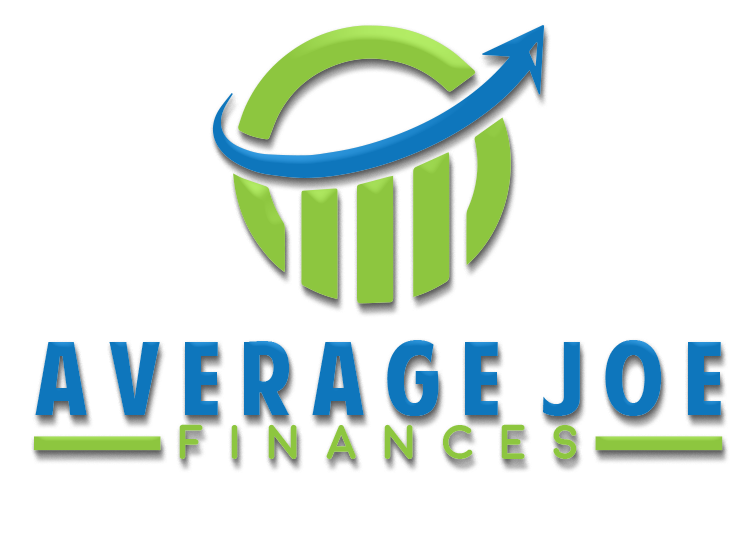
Guest article by Alexander Kelm, founder of wallstnerd.com
Real estate is experiencing an impressive boom at the beginning of the 21st century. Due to their low correlation to the stock and bond markets, they are a good way to diversify your assets. Nevertheless, a house, flat or commercial property as an investment also brings disadvantages for your asset investment. Private investors in particular usually own only a few of these properties. They often have to decide between buying a house and investing in shares. If the assets are ultimately invested to a large extent in real estate, the cluster risk increases enormously.
The question at this point is: Can you profit from the advantages of one or more properties while being active on the trading floor? Yes, because REITs make it possible.
Short and sweet: REITs presented
REITs or Real Estate Investment Trusts are listed real estate companies. They specialise in investing in land and residential and commercial properties. Due to digitalisation, data centres and other digital infrastructure could soon be added on a large scale. If you invest your money in a REIT, you benefit from the profits from renting, leasing and selling. Trusts have enjoyed steadily growing popularity in the USA for over half a century.
Why investors love REITs
REITs are so popular because their distribution ratio is clearly regulated. For example, they are required to distribute between 80-90% of their profits to their shareholders. As a result, you often receive monthly dividend payments that are regularly increased depending on market conditions.
It is also interesting to know that real estate investment trusts may only participate in organised market activities. The same applies to the investment obligation. At least 75% of the capital provided by shareholders must be invested in land or real estate. The remaining assets serve as bank deposits or provisions for other claims. This makes REITs an asset class that is valued by many investors as being above average in terms of transparency.
In addition, real estate investment trusts offer favourable tax treatment. As an investor, the exemption from corporation and trade tax on the part of the trusts has a positive effect on your profit distribution. Thus, the surpluses generated by the company are exempt from these two cost factors at the entrepreneurial level. Your potential return hence receives more growth potential without additional risk.
Are REITs superior to traditional real estate investments?
You receive regular profit distributions, benefit from a transparent composition of the trust and can also invest in commercial real estate as a private investor. These three advantages make investors with a preference for real estate sit up and take notice. In direct comparison to buying an apartment building, it is also clear that REITs are much more flexible. You can trade them daily on the stock exchange. This means that your assets are not tied up for several years or even decades, but are available whenever you need them.
Since REITs can be ordered through automatic investment plans like retirement accounts, little capital is required for an investment. You are a stock market novice and do not yet know which exchange-traded real estate companies are an ideal fit for your portfolio? In this case, you might consider buying a REIT ETF. These can be invested in the same way as individual shares.
In view of these advantages, it is not surprising why REITs are an indispensable component in the broadly diversified portfolios of many stock market investors. But whether or not they are better than the classic real estate investment? That depends:
If you want to rent out a property or buy it for your own use, the trusts are most likely not an alternative. After all, with them you only acquire shares in the portfolio of the real estate company. Private investors will thus continue to invest their money in privately managed properties. Although this means that the capital is tied up much more, this form of investment also offers an advantage that should not be underestimated. When buying property on your own, you always retain control over where your money goes. With a REIT, on the other hand, it is not possible for you to make decisions regarding the sale or purchase of buildings.
REITs or not – it’s your vision that counts
REITs such as Realty Income, Iron Mountain or Omega Healthcare are enjoying steadily increasing popularity. This is due to the various advantages they offer compared to a classic investment in real estate. Nevertheless, real estate investment trusts are not a no-brainer. After all, risk and return are inseparable on the trading floor.
Are you considering investing in a flat or in a REIT? In this case, it is worth looking into the future: as a provision for your retirement, both asset classes could be similarly high-yielding. However, you can move into the purchased property in old age, which will not be possible with your REIT shares. At the same time, a lot of capital will most likely be tied up in the flat to be paid off by the time you retire. This makes you less flexible, and your cluster risk is higher. Whether REIT or classic real estate – the decision for an optimal investment is and always remains individual.

